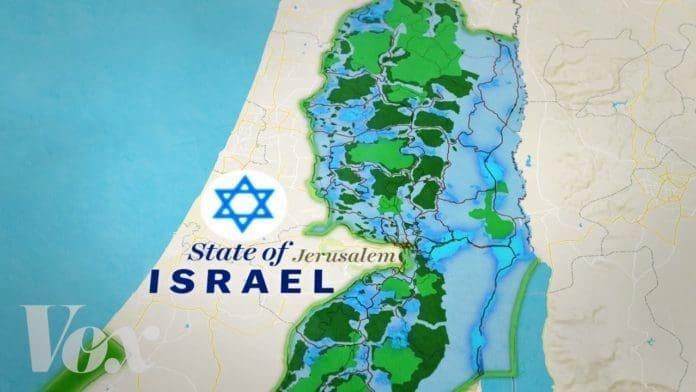After two years of devastating conflict, a cautious sense of relief swept through Gaza and Israel on Thursday as both sides accepted a ceasefire deal that could finally end one of the region’s bloodiest wars in decades.
The agreement, announced by President Donald Trump and confirmed by Israeli Prime Minister Benjamin Netanyahu’s office, represents what many are calling the first tangible breakthrough since October 2023. Mediated through intensive negotiations in Egypt with support from Qatar and the United States, the deal centers on a phased approach that begins with hostage releases and partial military withdrawal.
Under the first phase, Hamas will release all remaining Israeli hostages while Israel frees nearly 2,000 Palestinian prisoners and detainees. President Trump indicated that hostages could be released as early as Monday or Tuesday, though specific timelines remain subject to final implementation details.
For families who’ve endured months of anguish, the announcement triggered waves of emotion. In Gaza City, residents emerged cautiously from shelters to survey the devastation around them, searching for missing relatives and assessing what remains of their homes. Across Israel, vigils transformed into subdued celebrations as relatives of hostages allowed themselves to feel something they’d almost forgotten: hope.
The human cost of this conflict has been staggering. According to the Gaza Health Ministry, over 68,000 Palestinians have been killed since the war began, with more than half being women, children, and elderly civilians. On the Israeli side, approximately 1,200 people died in the initial October 7, 2023 attack, and roughly 250 were taken hostage into Gaza.
Netanyahu described the agreement as “a necessary first step” while Hamas characterized it as a significant achievement for the Palestinian cause. Both statements reflect the deep divisions that still exist, even as guns begin to fall silent.
The deal’s implementation won’t be simple. Israeli forces are expected to gradually withdraw to agreed positions within Gaza while humanitarian convoys prepare to deliver desperately needed food, water, and medical supplies to trapped civilians. International observers will monitor compliance, though many analysts worry that lingering mistrust could threaten the fragile arrangement.
Gaza’s infrastructure has been virtually destroyed. Hospitals struggle to function, schools lie in ruins, and much of the population depends entirely on humanitarian assistance. The reconstruction effort, when it eventually begins, will require billions of dollars and years of sustained international commitment.
Regional leaders have welcomed the ceasefire with measured optimism. Egyptian President Abdel Fattah el-Sisi, whose country played a crucial mediating role, expressed hope that this represents a genuine turning point. Trump’s Middle East envoy Steve Witkoff and advisor Jared Kushner traveled to the region to help finalize arrangements, with Trump himself planning to visit Egypt for an official signing ceremony.
Yet experienced observers remain cautious. Previous ceasefire attempts have collapsed, and the fundamental political issues driving the conflict remain unresolved. Questions about Gaza’s future governance, Palestinian statehood, and long term security arrangements will need answers that neither side seems ready to provide.
For now, though, there’s a palpable shift in atmosphere. The constant sound of explosions has given way to an uncertain quiet. Children peek out from damaged buildings. Markets slowly reopen. People dare to make plans beyond simple survival.
It’s not celebration, exactly. The grief runs too deep, the losses too profound, the mistrust too entrenched. But it’s something. After two years of unrelenting violence, families on both sides share a moment where smiles, however tentative, feel possible again.
Whether this ceasefire evolves into lasting peace or becomes another painful false start remains unknown. But for exhausted civilians who’ve known nothing but war for twenty four months, even temporary relief feels like a blessing worth acknowledging.
Source: newsghana.com.gh











